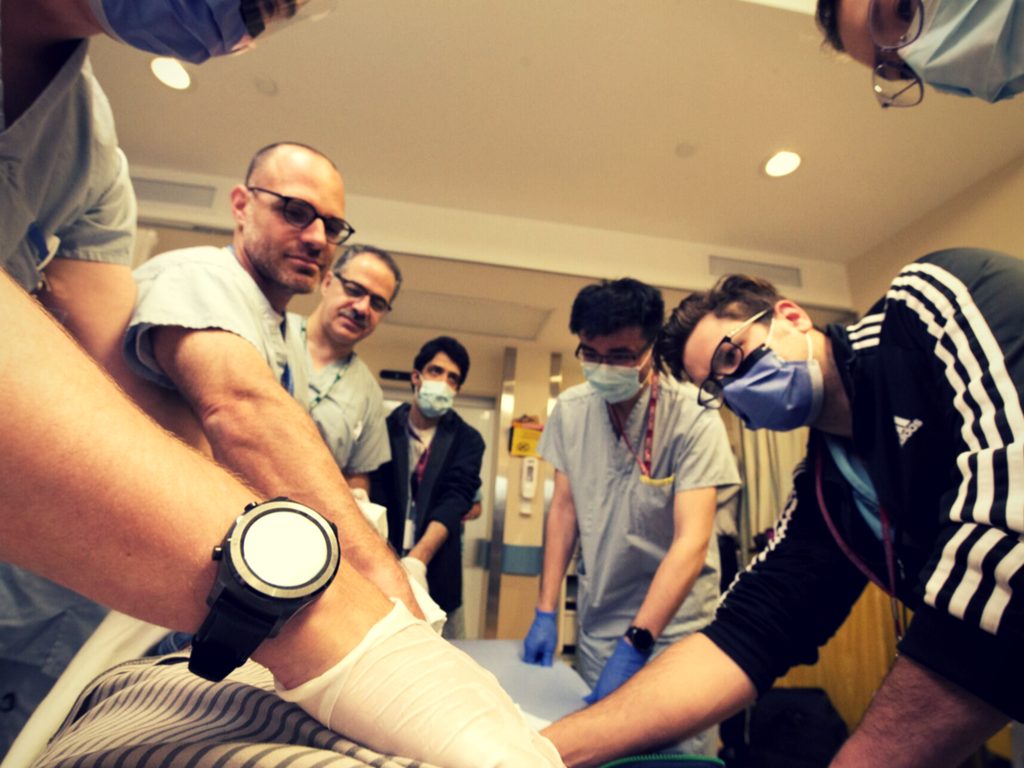
Don’t become a statistic: Long weekend safety tips
For most, the words “long weekend” are synonymous with “carefree” and “fun”.
But for the trauma team at Hamilton Health Sciences (HHS), “long weekend” has a different meaning. It’s on these weekends – and during the summer months in general – that more people are taken to hospital with serious and, sometimes, fatal injuries. That’s why they’re sharing these very important long weekend safety tips.
Long weekend safety prevents serious injuries
“We see a definite correlation between warm, sunny weather and increased rates of injury,” says Dr. Edward Passos, a trauma surgeon at Hamilton General Hospital. “It’s a trend our teams witness every year and, unfortunately, we’re seeing more and more.”
In 2017, car crashes accounted for a whopping 40 per cent of all trauma cases at HHS, and 15 per cent of those involved motorcycles. The number of motorcycle crashes continues to rise and has doubled since 2011.
“Taking simple precautions can potentially save a life.”
Falls from a height, including from roofs, ladders, and trails also send people to Hamilton General Hospital every summer. As the regional trauma centre we see patients with severe, preventable injuries including brain injuries, internal bleeding, chest and lung injuries and broken pelvises, spines and limbs.
“As healthcare providers and first responders, we see firsthand how devastating and life-altering these injuries can be to people and their loved ones,” says Dr. Passos. “We take pride in being here to care for people when they need it but, I can assure you, you don’t want to meet us this way.”
Follow this simple advice
Dr. Passos and his team are urging people to travel and play safely this long weekend by making simple, smart, and potentially life-saving decisions.
“Put your phone away at the wheel. Follow the speed limit. Keep distraction in check. Don’t drive or do height related activities if you have been drinking. If you’re on the water, wear a life jacket. Keep kids on close watch, and keep an eye out for potential dangers.”
“Taking simple precautions can potentially save a life.”
